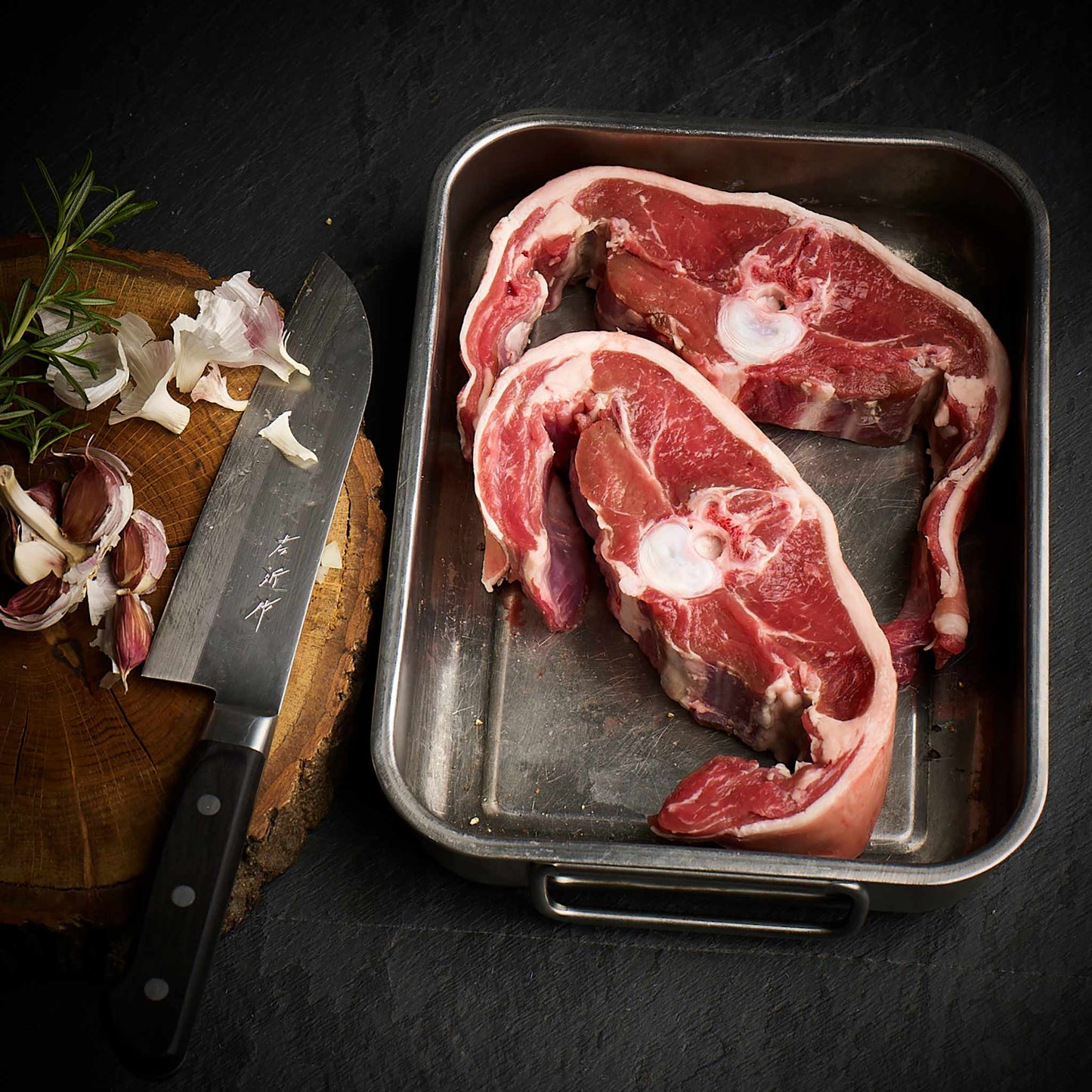We source our chicken from one farm in Leicestershire. The farm is Pasture for Life certified and rears truly free range, outdoor birds.

In response to an article in the Telegraph:
'The vege-bubble is turning to vege-bust - Matthew Lynn 26th June 2022 12:00
https://www.telegraph.co.uk/business/2022/06/26/vege-bubble-turning-vege-bust/
The article above is fairly self explanatory in its investigation of the recent lack of confidence in the growth of what is almost certainly an over inflated opportunity for capital growth in the fake meat sector.
Beyond Meat has suffered a drop in share prices of a staggering 82% in the last year alone and 41% of the last raise of Beyond Meat was taken as a short position meaning almost half the investors not just hoped for significant losses, they were banking on it, and despite having received $122,000,000 in funding over 12 rounds has yet to return a profit, perhaps employing Kim Kardashian as 'Chief Taste Consultant' isn't ironic, who knows?
So what was promised and why did it not deliver?
The food tech industry raised $12bn in 2021 and half of that money went to fake meat companies who were offering to simultaneously solve public health, the environment and to free up land and other resources for more worthy endeavours than cattle farming.
So where did it start to go wrong? Well whilst it is technically impressive to be able to make a fake meat in a lab by highly processing commodity crops into a product that is close to the real thing it is not just very very difficult but also very expensive to do, especially at scale.
As supermarkets and burger chains became interested in the products the tech needed to scale up and this is where things started to get difficult. For example the Impossible Burger uses a GMO conventionally grown soy protein, this soy is grown as a genetically modified organism and has been engineered to be resistant to the highly controversial herbicide Glyphosate or Roundup which is as of June 20, 2022 under a legal investigation: A unanimous Ninth Circuit panel told the EPA to reconsider its conclusion that the weedkiller Roundup is free from "unreasonable risk to man or the environment.”
The levels of glyphosate detected in the Impossible burger by Health Research Institute Laboratories was 11.3 ppb, in light of the current state of lawsuits, of which so far a staggering $11bn has been paid to plaintiffs, this is clearly of concern, but the truth is that using organic soy isn't an option, there isn't enough of it and it's too expensive.
The fact that making these fake products is so difficult at scale is reflected in the retail price, the Beyond Burger currently retails at £5.25 for 2 patties online at Waitrose whereas we currently retail our 4 regeneratively produced 100% pure beef patties for just £2 each at £8 for 4, meaning that the supposedly more ethical replacement is not just 30% more expensive but contains herbicide residues that are banned in 32 countries globally and is produced in a planet destroying mono-crop system from a GMO, hardly a more ethical proposition!
So the replacement is more expensive than the food it's replacing. The success of these products rely not on adoption from vegans but by being adopted by meat eaters who are hearing the false narrative that medat eating is detrimental to personal and planetary health.
Veganism as a movement is certainly loud and this could lead to an overestimation of the true numbers who identify as such. As of January 2021, approximately 79 million worldwide are vegan and this represents just 1% of the global population, even in countries with a relatively high number such as the UK and USA the figures are only a few percent more than this and herein lies the problem, new vegans may not want to eat something that so closely mimics meat having made a moral decision to remove it from their diet.
So meat eaters faced with a choice of the real thing produced in a natural way that is very low impact such as pasture raised or organic or a highly processed alternative that is more expensive with absolutely no evidence that it is healthier for either person or planet, the choice as as they say, a no brainer.
What drives the fake meat business?
The fake meat business is simply that, a business. As Seth Ikzan of Soil4Climate said in our recent podcast when you bite into a fake meat burger you're not eating a food you're consuming 'a packet of intellectual property and a series of patents, it has nothing to do with food, or soil or climate, all of that is a complete facade'

We agree, and the narrative is changing, the savvy customer is starting to see through the thinly veiled marketing exercise that is fake meat and realise that the 'meat-bad and plant-good' overly simplistic narrative has been stretched to breaking point in the pursuit of profit.
What happens now?
What has happened has to happen. As much as we could be smug about the demise of these products that are a direct challenge to our vision of reconnection to nature this is a narrative that had to play out.
The fake meat market is a textbook perfect example of the desire by humans to 'technology' our way out of a problem that requires a rebalancing of nature.
As is so well put by the website Nature4Climate.org
It can be tempting in this tech-obsessed age to ascribe technology as the panacea to all our problems. Can we really halt or slow runaway climate change through different industrial fixes such as sucking emissions from the air or bioenergy with carbon capture and storage – better known by the acronym “BECCS.” Despite some of these being seen as one of the most viable and cost-effective negative emissions technologies, they carry risk and are not yet scalable. Conversely, natural climate solutions do not cross “planetary boundaries”. They are available immediately, are scalable and can transform key sectors of the global economy, such as forestry and agriculture. Along with action on renewable energy and energy efficiency, we believe they are the only answer we have to deliver on the Paris climate agreement and stabilise global warming to below 2°C or less in the time required.
How do we monetise nature?
The obvious problem with a natural solution is that it is not patentable, requires almost no inputs and is free from intellectual property hence there is a natural attraction for capital to seek out opportunities that offer the very opposite, a 'solution' that can be patented, controlled and monetised within a traditional framework.
The greatest asset within the framework or regenerative agriculture is land and if this is managed correctly yields can be increased without inputs increasing meaning that the margins improve as nature is allowed to heal, perhaps funds of the future will recognise the real true value that this can bring, not just to the bottom line but to simply our continued survival, in the meantime we might just have to let these experiments play out and hope that the collateral damage is kept to a minimum.



